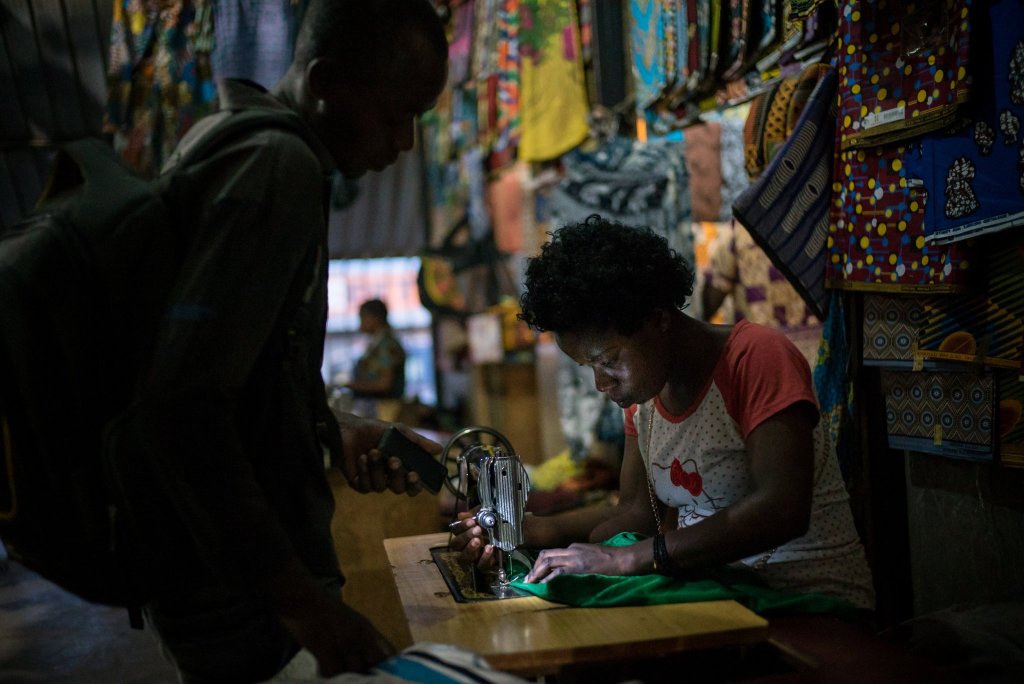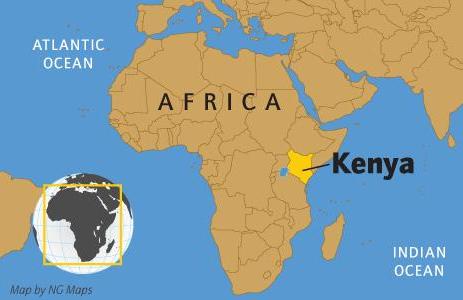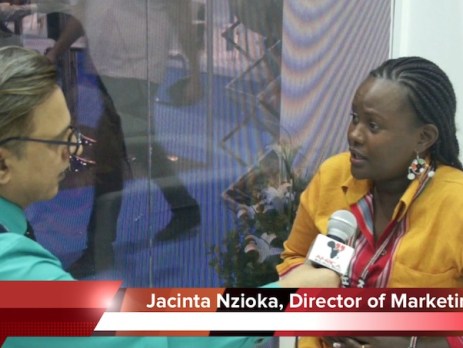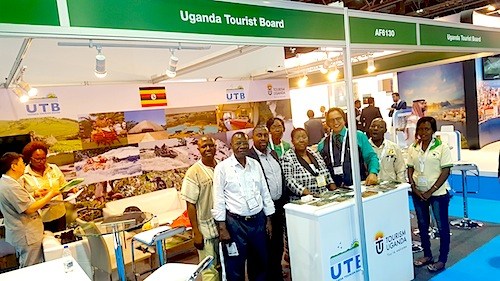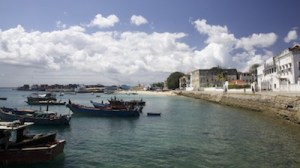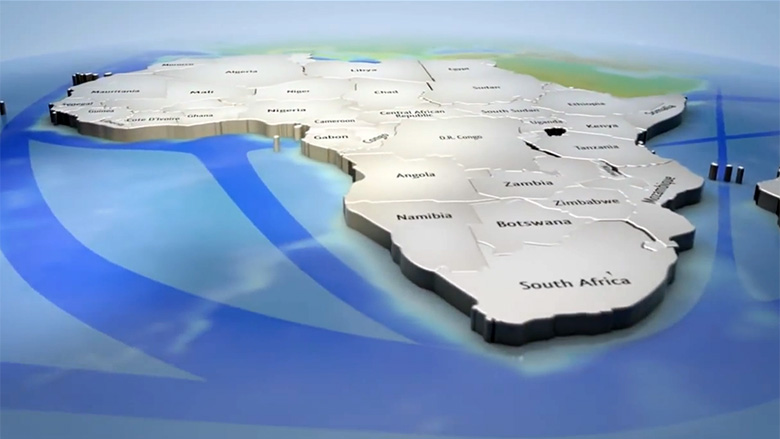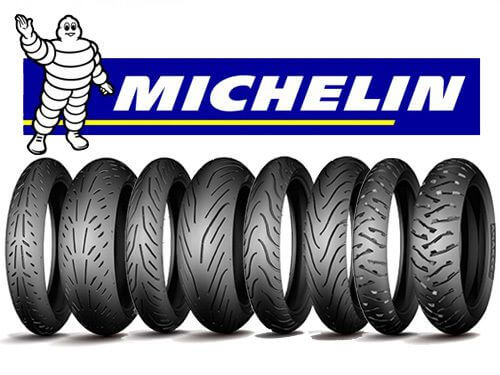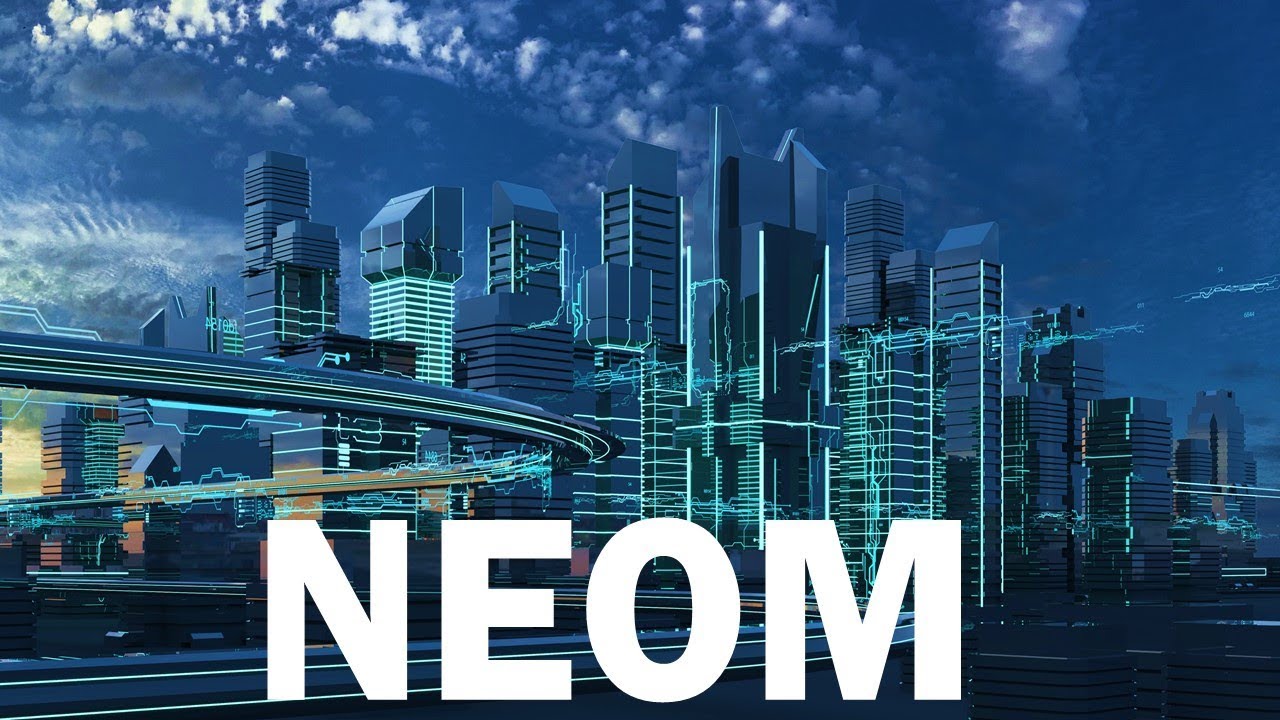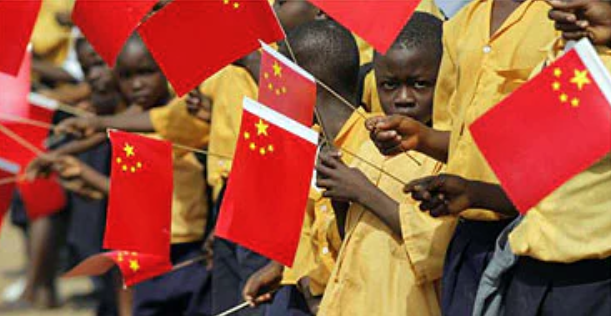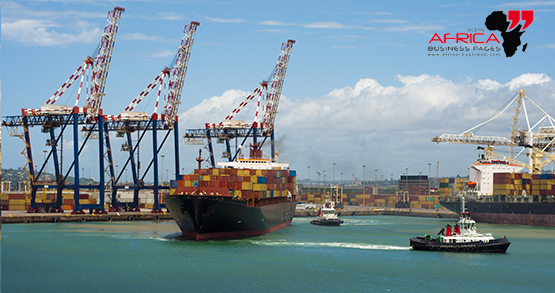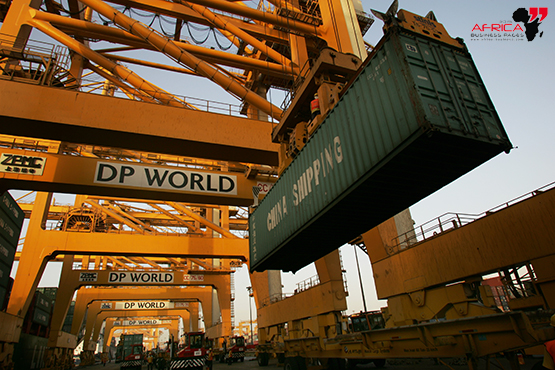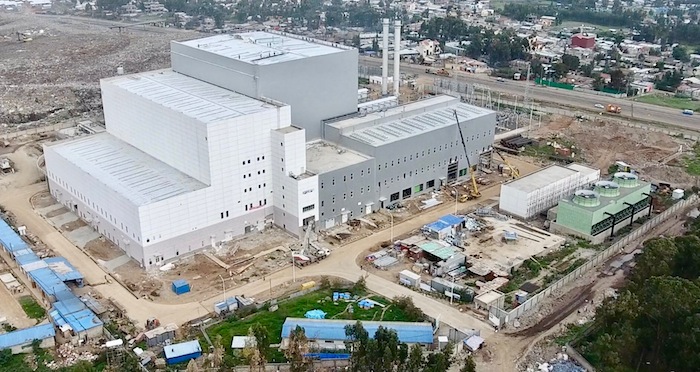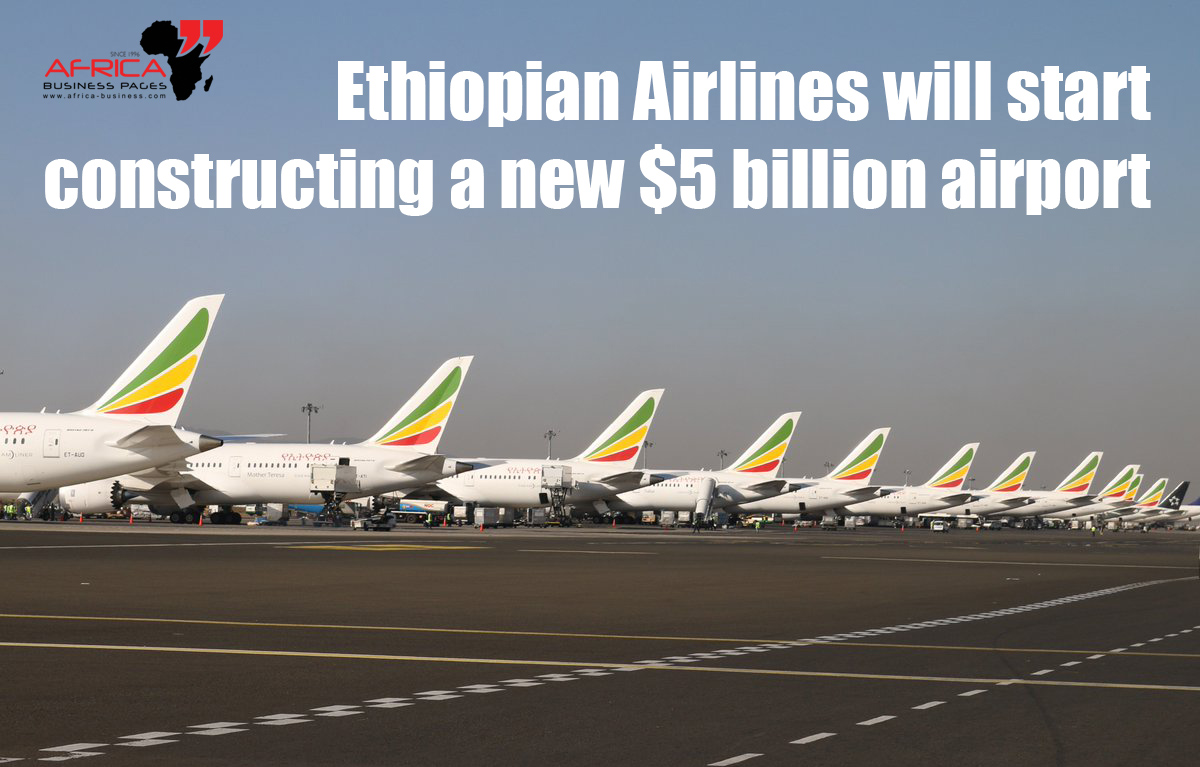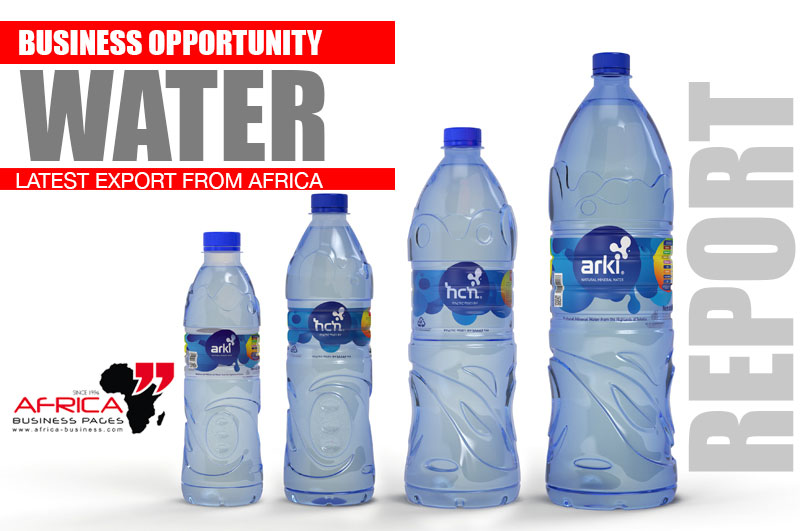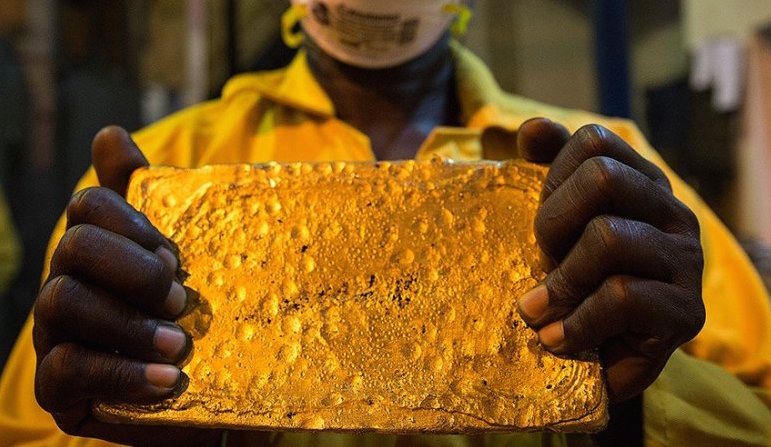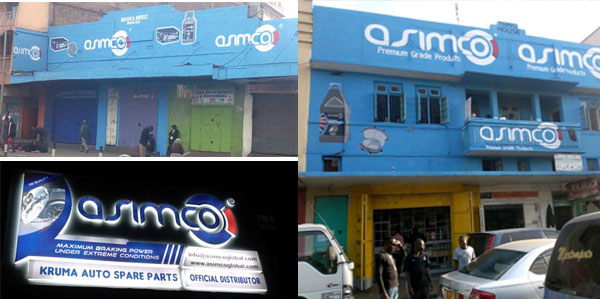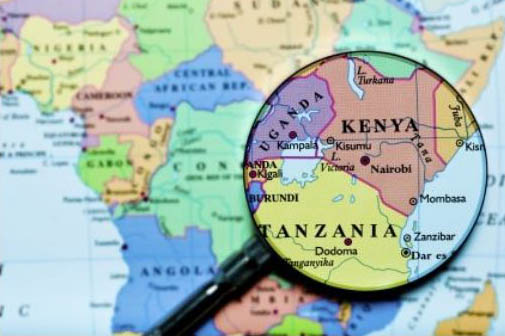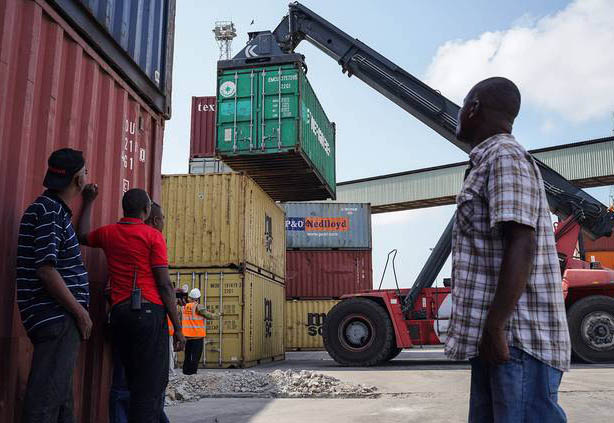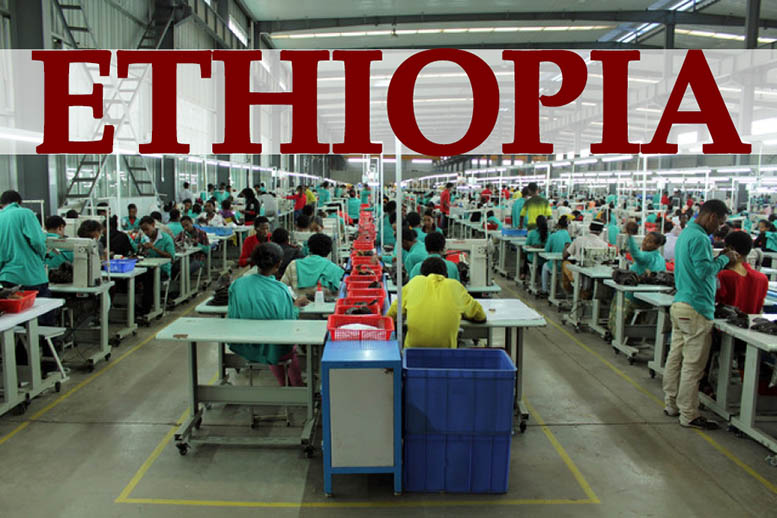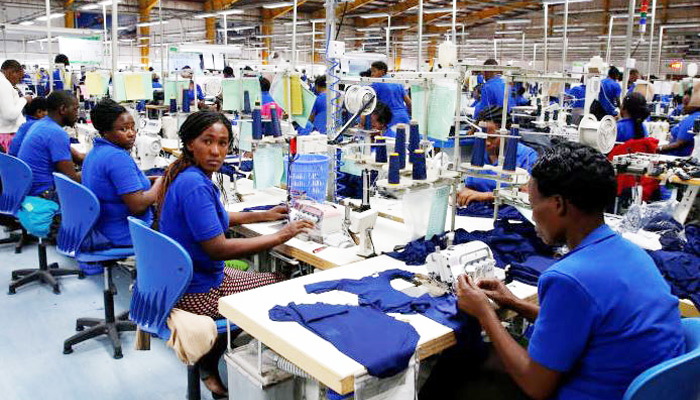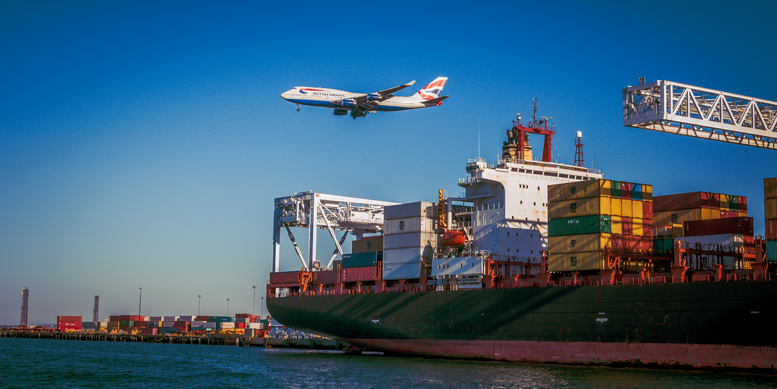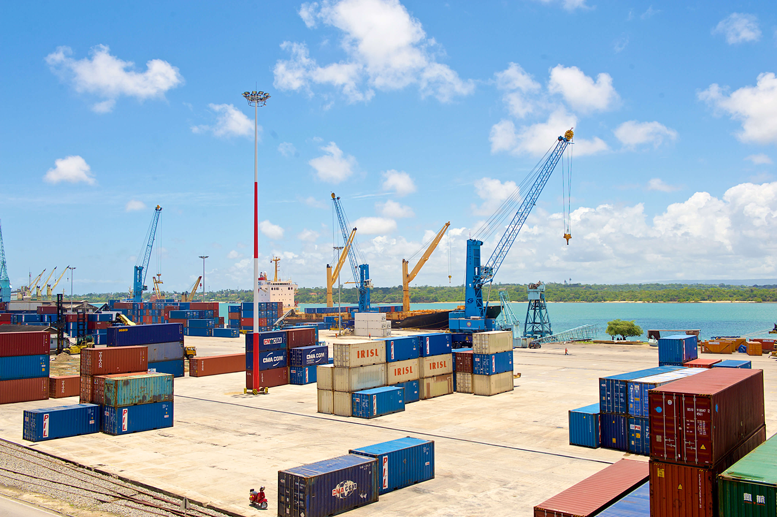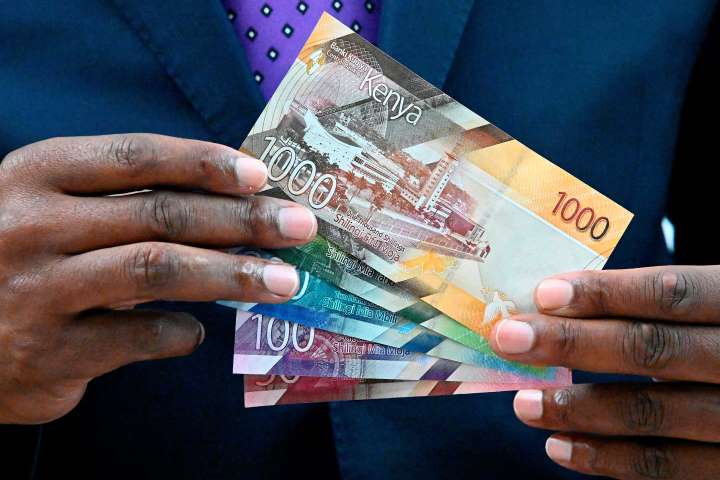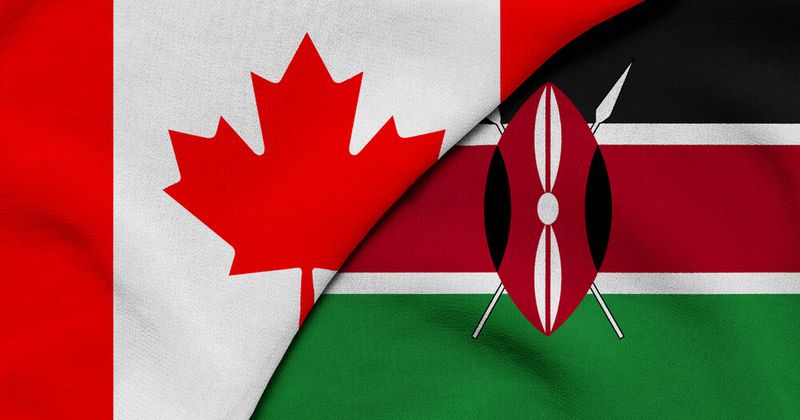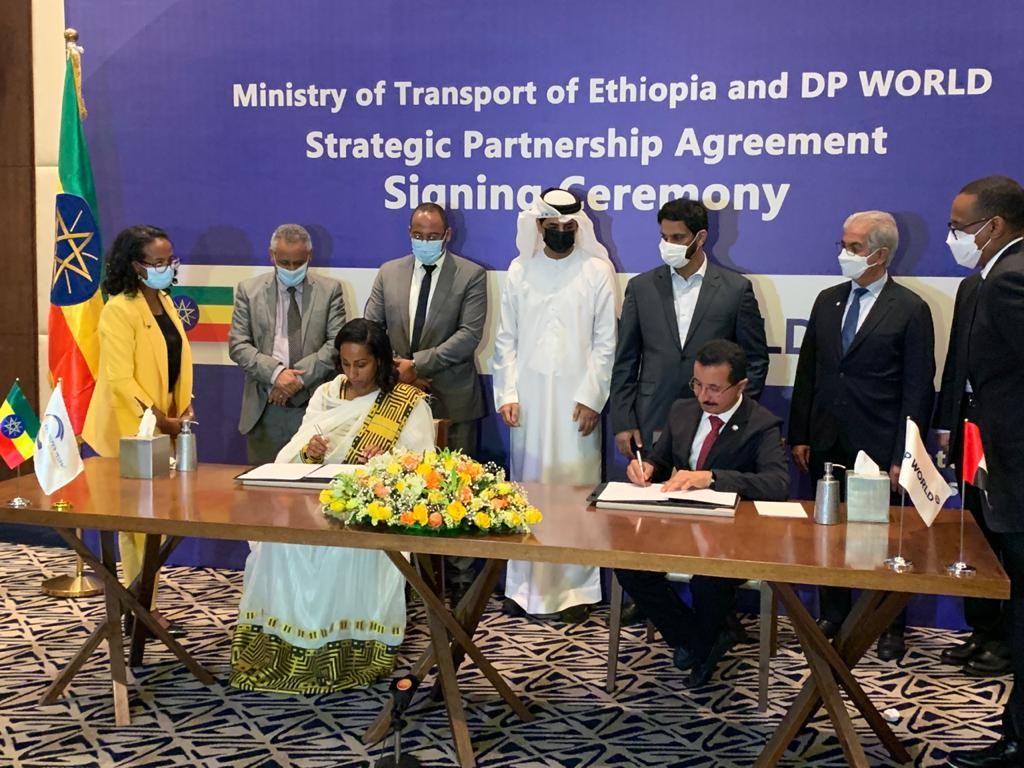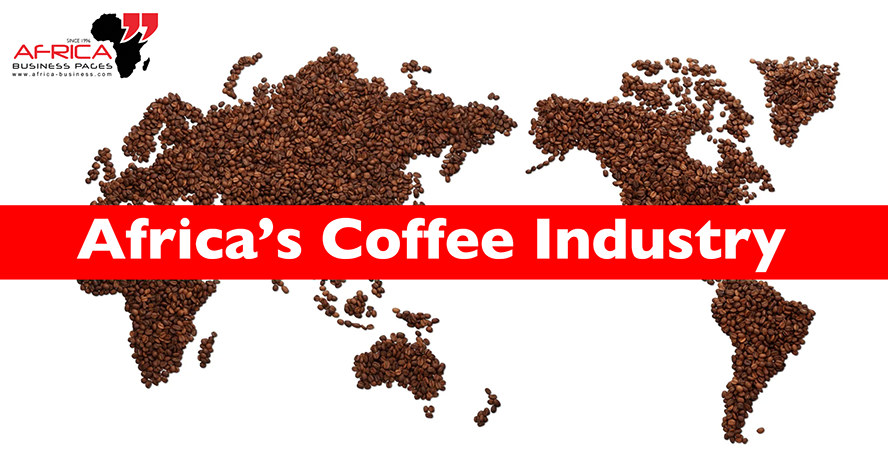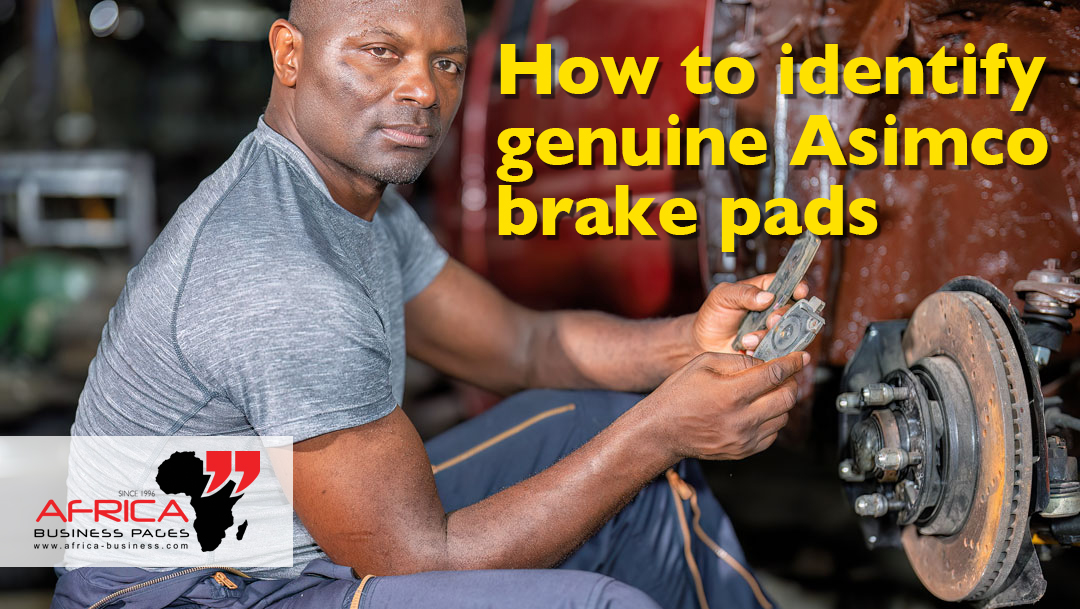Chinese-built Industrial Park Provides New Momentum to Ethiopia’s Growth
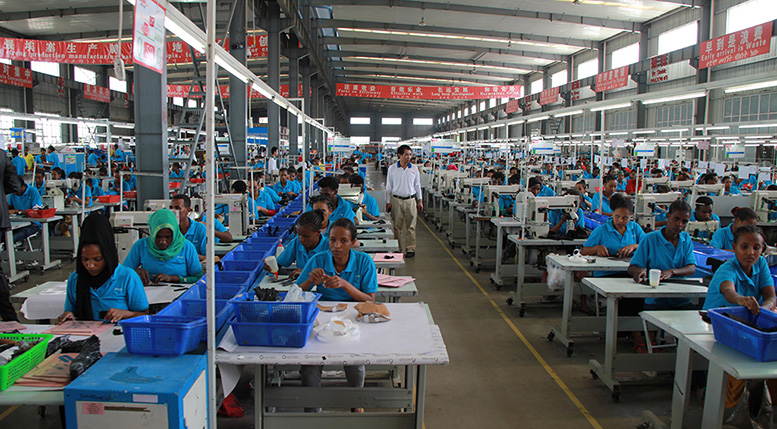
As African countries pursue industrialization, the Chinese-built industrial parks and free trade zones have been gaining momentum in the socio-economic drive of the continent, some significantly accelerating the process of industrialization and job creation.
Located about 40 km south of Addis Ababa, the Eastern Industrial Zone (EIZ), built and operated by Chinese companies, is widely viewed as the benchmark for the development of industrial parks in Ethiopia.
A decade ago the land the Eastern Industry Zone currently lies on was just agricultural land, but with hard work it has today become a showcase of high quality industrial factories in sectors such as pharmaceuticals, pulp and textiles.
The industrial zone was inaugurated by Ethiopian Prime Minister Abiy Ahmed, Djibouti's President Ismail Omar Guelleh and Sudanese President Omar al-Bashir who traveled to Ethiopia's western town of Jimma, approximately 350 kilometres west of Addis Ababa. At the ceremony, Ahmed said the park would help with the industrialization process of Western Ethiopia and create a large number of jobs for young Ethiopians.
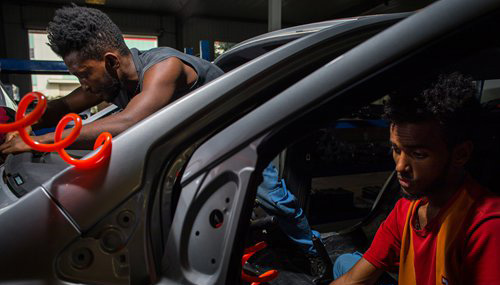
According to Ethiopia's Industrial Parks Development Corporation (IPDC), the park will create some 12,000 direct jobs for Ethiopians. The EIZ, Ethiopia's first industrial zone, has provided more than 10,000 jobs for local people.
Developers are given income tax exemption for 10 years if building an EZ in Addis Ababa (and its surrounding special zone of Oromia), but for 15 years if EZs are built in other regions. The duration of land leasing is also longer for EZs in non-capital areas. In addition, a full exemption of customs duty on spare parts is granted to manufacturers who exclusively engage in export-oriented production, while partial exporters can receive exemptions only on parts equal to 15% of the total value of the capital goods. Manufacturers who export 80% of their products can enjoy additional years of income tax exemption. Moreover, priority is given to investment in agro-processing, textiles and garments, leather and leather products, sugar, chemicals, metal and pharmaceuticals.
Although bidding for zone construction is open to both local and international contractors, in practice, local companies can hardly compete with the more experienced and financially resourceful Chinese counterparts. The IPDC is reported to prefer awarding projects, from design to construction, to contractors who come with their own financial sources. Other bidder qualifications include a minimum annual turnover of 6 billion Ethiopian Birr, prior experiences of building at least two EZs, and a sound local business record.
Thanks to the industrialization driven by industrial parks, Ethiopia's gross domestic product remained at a growth rate of above 8 percent between 2010 and 2020, creating an economic miracle on the African continent.
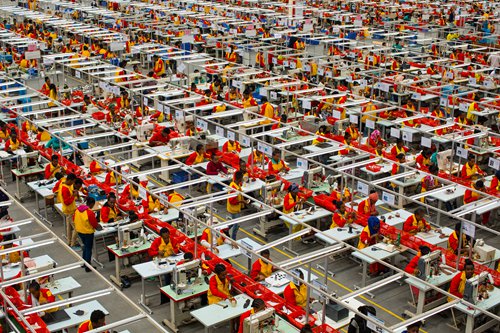
As Ethiopia envisions building 15 industrial parks in the coming few years, it is estimated that the parks alone will produce more than 150,000 direct jobs.
In the 40-hectare Eastern Industrial Zone, Chinese shoemaker firm Huajian Group produces for brands like Guess, Calvin Klein, Nina and other branded items. Huajian Group has already raked in more than $35 million in foreign exchange income for Ethiopia.
The Eastern Industrial Zone (EIZ) in Ethiopia is part of the story of how China has built overseas trade and economic cooperation zones in Cambodia, Vietnam, Pakistan, Zambia, Egypt, Nigeria and elsewhere. It is estimated that Chinese companies have built 75 zones for economic and trade cooperation in 24 countries along the Belt and Road routes, contributing more than $2.2 billion of taxes and creating almost 250,000 local jobs.
Manufacturing in Ethiopia
Being Africa's second most populous nation, Ethiopia has an abundant workforce. More than 70 percent of its 100 million population is estimated to be under the age of 30.
As the East African country is exploring ways to realize its demographic dividend while transforming its agriculture-dominated economy towards a manufacturing hub of Africa, China's development model of industrial parks has been considered as an option.
Currently, 15 industrial parks are in the pipeline across Ethiopia, most of which are being constructed by Chinese companies. Six of the industrial parks have officially gone operational in the past few years, attracting a large number of transnational companies from China, India, South Korea and other countries.
Ethiopia now exports shoes produced by Huajian to European and American markets, while many of the taxis on the streets of the Ethiopian capital and other cities are assembled by Lifan Motors.
The EIZ is Ethiopia's first industrial zone and has inspired the government to establish more such parks in the country.
"These industrial parks are vital elements of the infrastructure supporting the structural transformation in Ethiopia that can attract institutional investors," said Costantinos Bt. Costantinos, an economic advisor to the African Union (AU) and the United Nations Economic Commission for Africa (ECA).
Industrial Parks, Free Trade Zones Across Africa
Free trade zones and industrial parks in Djibouti, Nigeria and South Africa also created jobs for local citizens and promoted the economic development of these countries.
Besides Ethiopia, Djibouti, Kenya, Nigeria and South Africa, Chinese-built industrial parks and free trade zones, which are key to attracting investors, have taken root in many other African countries.
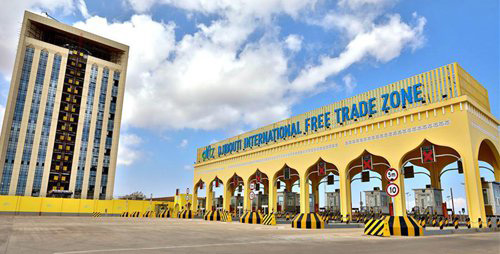
Djibouti
A Chinese-built international free trade zone was inaugurated in Djibouti, a country with a population of nearly 1 million. At the construction site of the free trade zone, a tall modern office building has been erected. Some 70,000 square meters of warehouses and 65,000 square meters of storage yards have also been completed.
With a planned construction area of 48.2 square kilometres, the free trade zone occupies one-tenth of the country's available land area and has attracted more than 25 companies that have decided to operate from the free zone.
Nigeria
In the Western African nation of Nigeria, the construction of the Lekki Free Trade Zone is also progressing steadily. The free trade zone is invested, constructed and operated by the Lekki Free Trade Zone Development Company.
The zone incorporates, among others, oil and gas warehousing, furniture manufacturing, garment production, trade logistics, engineering construction services, industrial real estate, automobile assembly, steel structure processing and manufacturing, steel pipe production, daily necessities and other industries.
South Africa
South Africa is an important platform for investors to enter the African market because it is one of the most developed countries in the region. In 2013, Chinese consumer electronics company Hisense and the China-Africa Development Fund teamed up to inject $33 million to build a home appliance industrial park in the Atlantis area, about 50 km west of Cape Town.
Latest statistics show that the TV sales market share of Hisense in South Africa has reached 25.1 percent, ranking first in the market. It is followed by refrigerator sales which account for 24.2 percent of the total market share. As of July 2018, its annual TV production capacity is about 400,000 units, while the refrigerator production capacity is about 400,000 units annually.
All in all, the mutually beneficial cooperation between China and South Africa in the park has impressed everyone – except for the usual critics who see China as a threat to the traditional hegemony of the western world over the African markets.






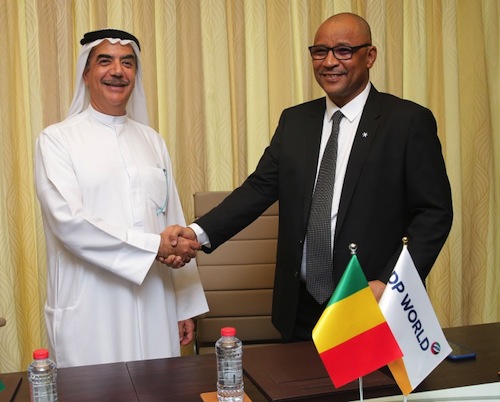

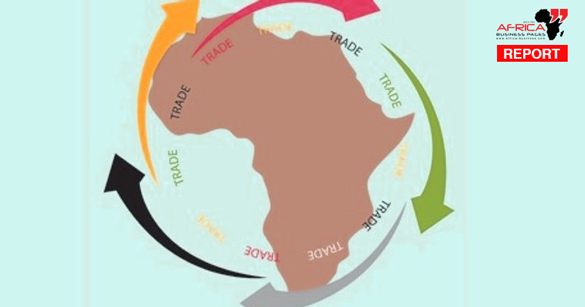
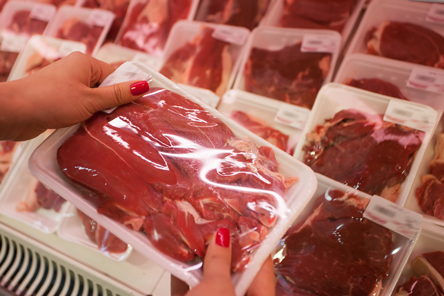
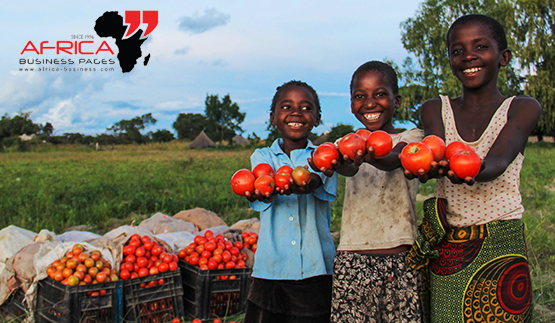
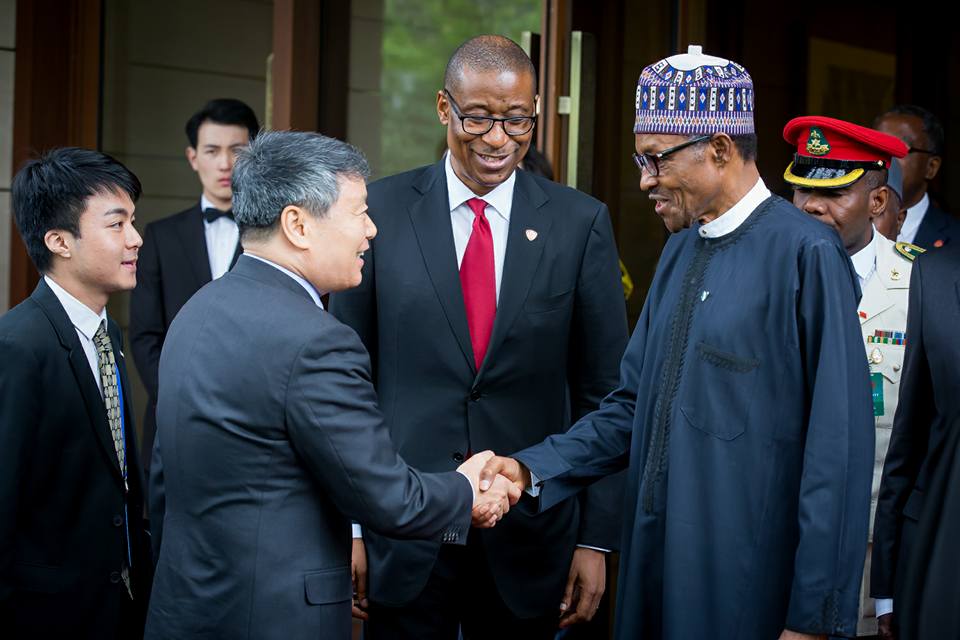

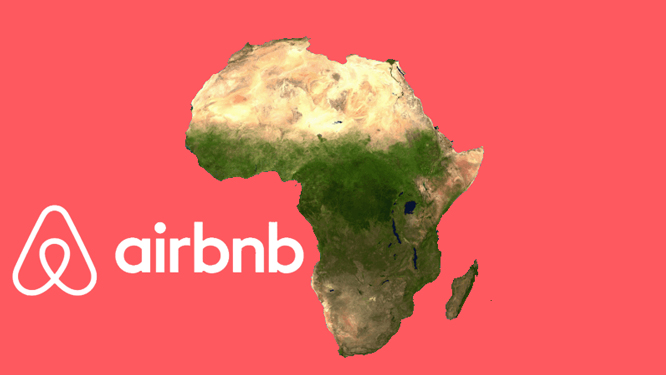
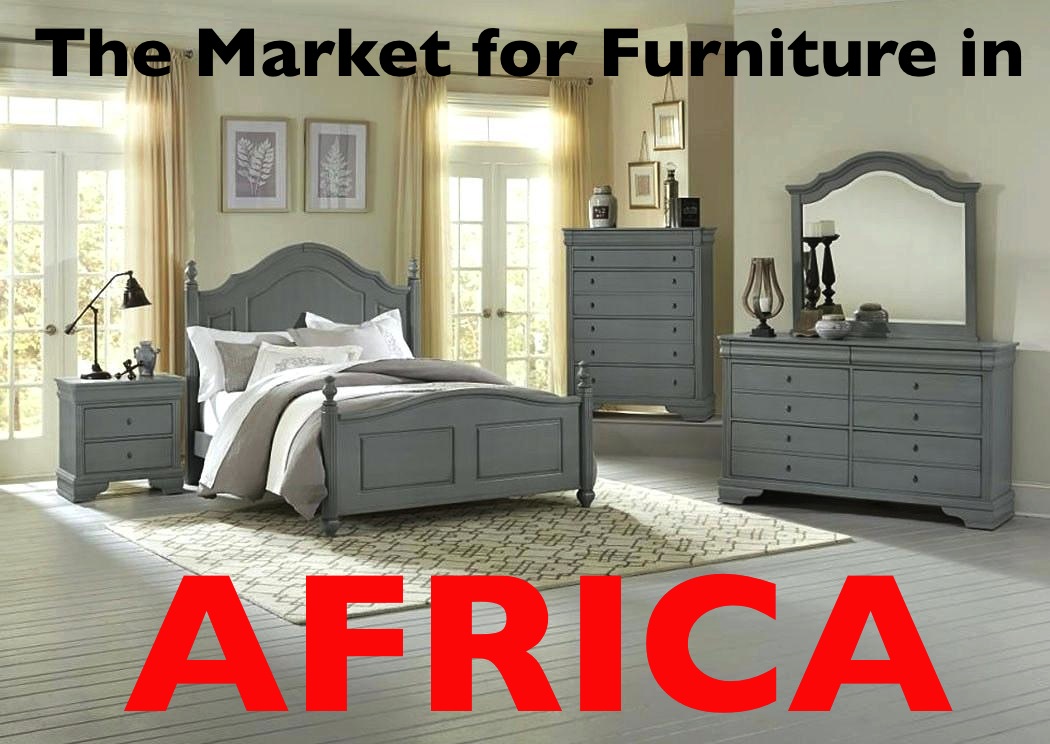
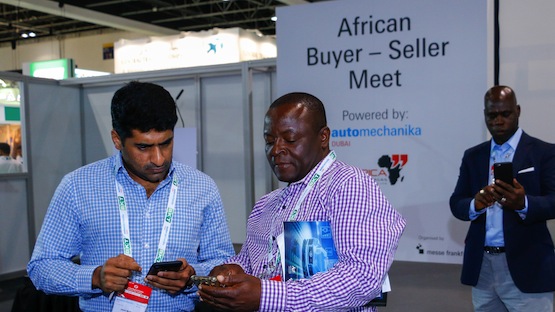
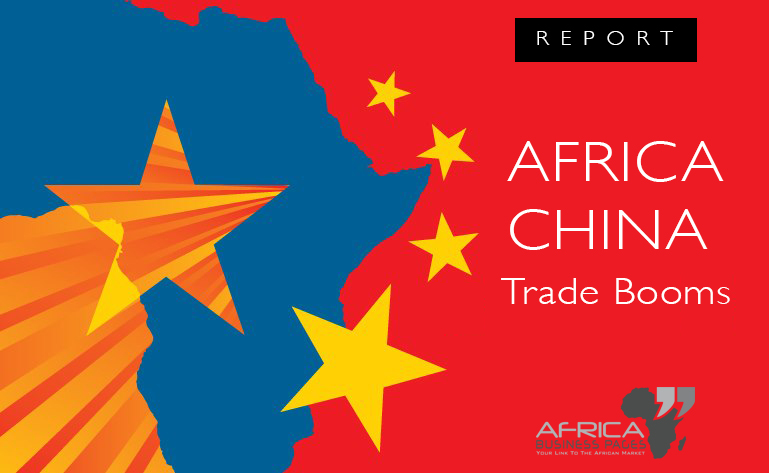

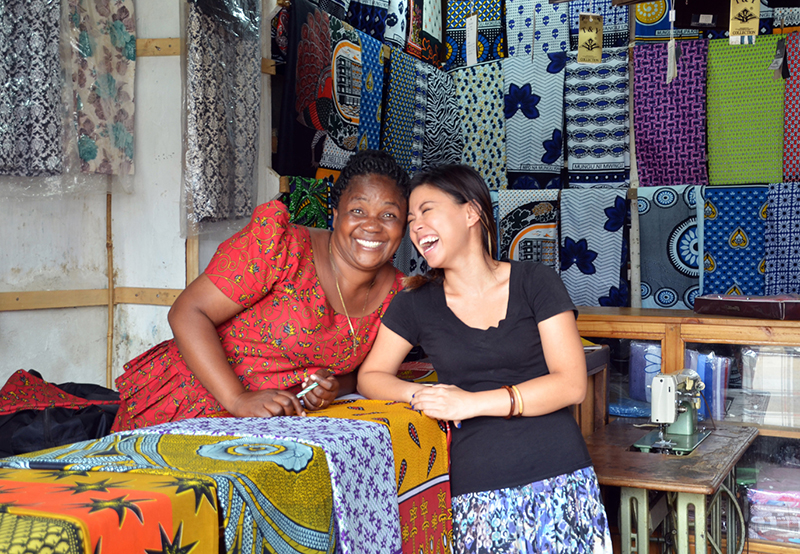


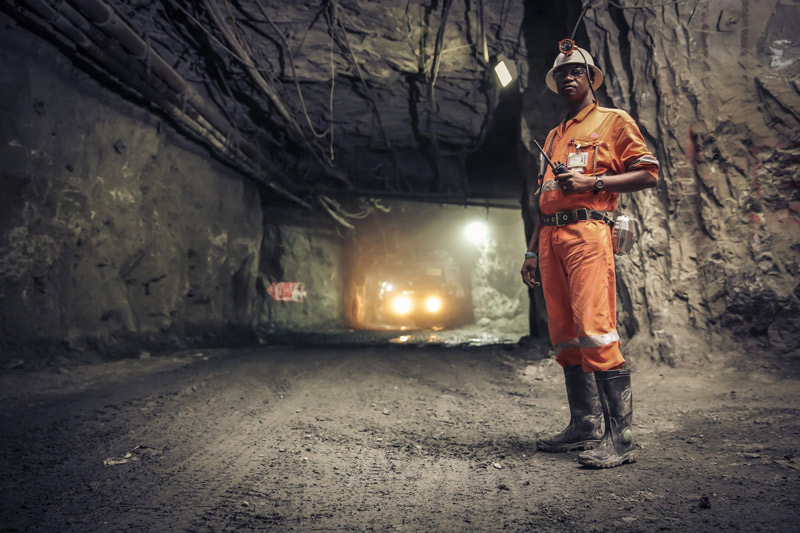
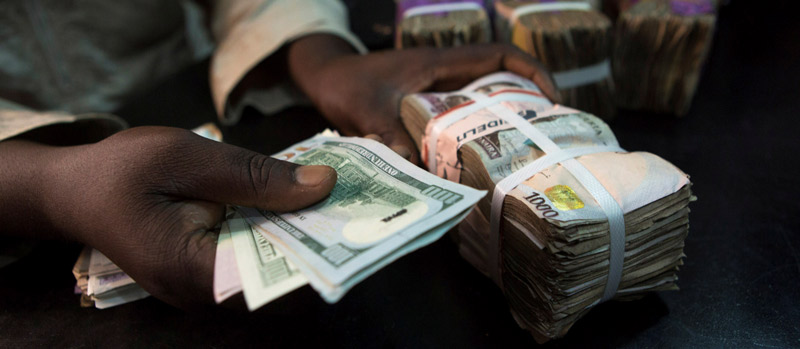
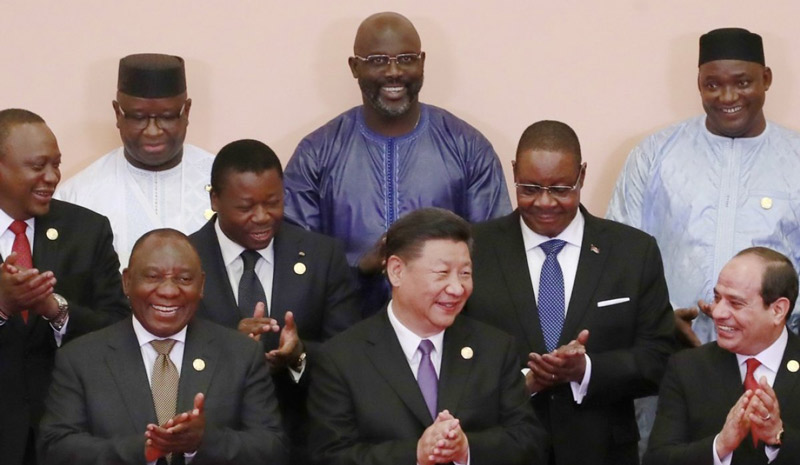
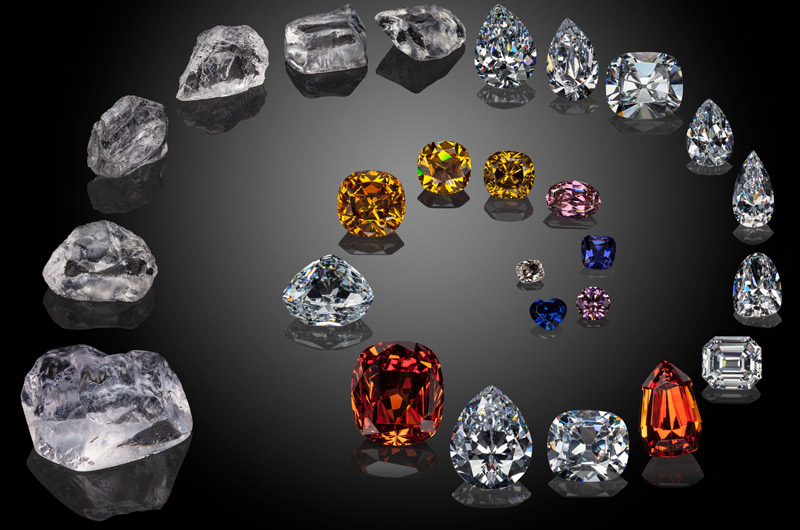
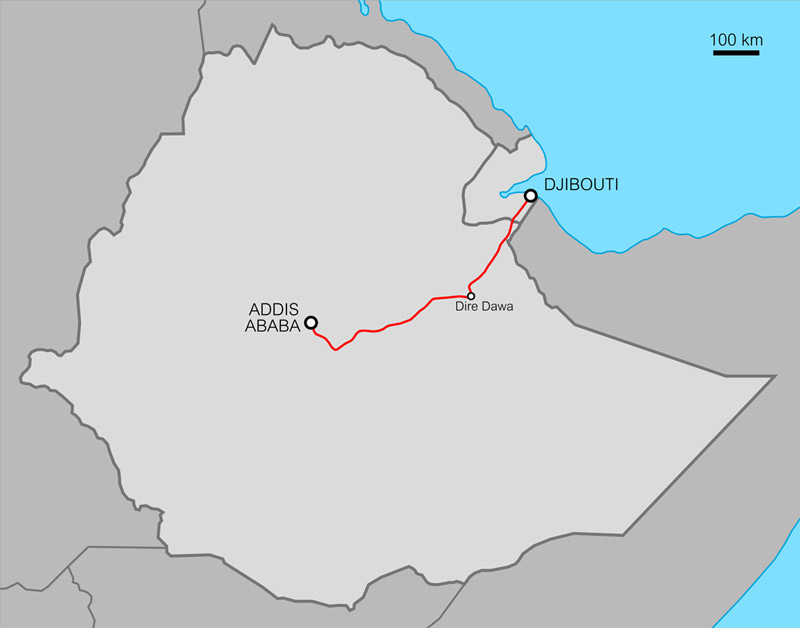
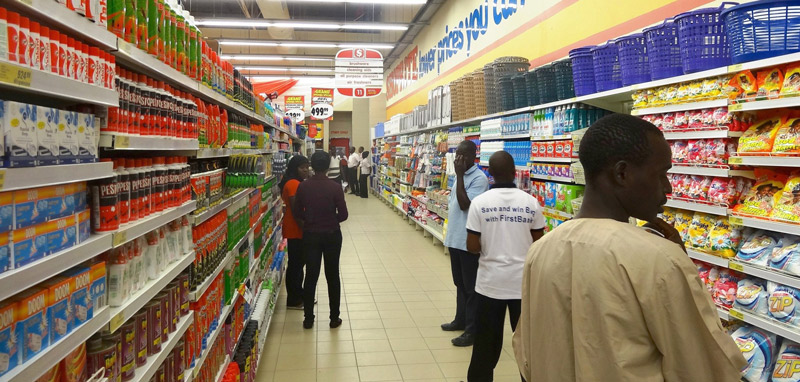
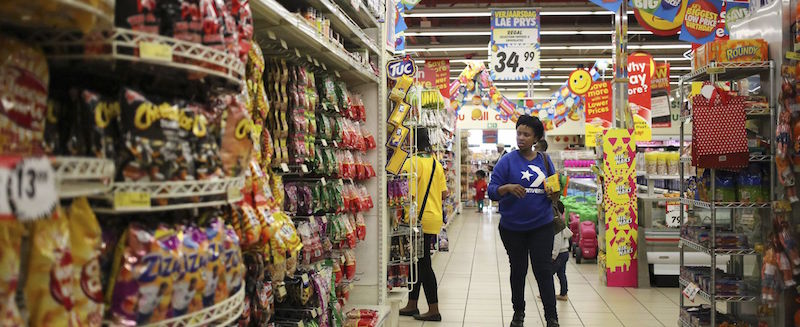
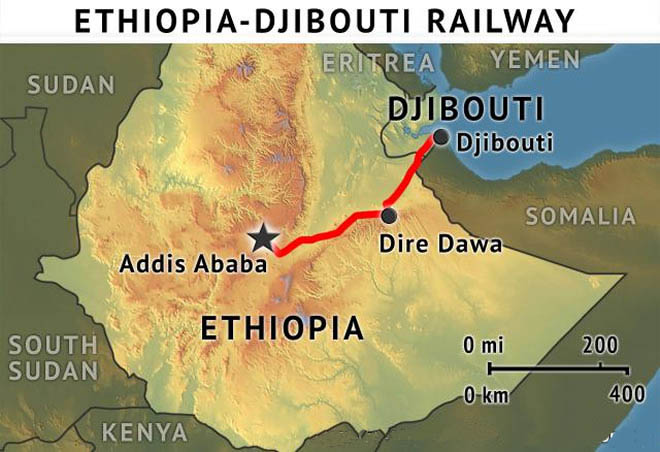
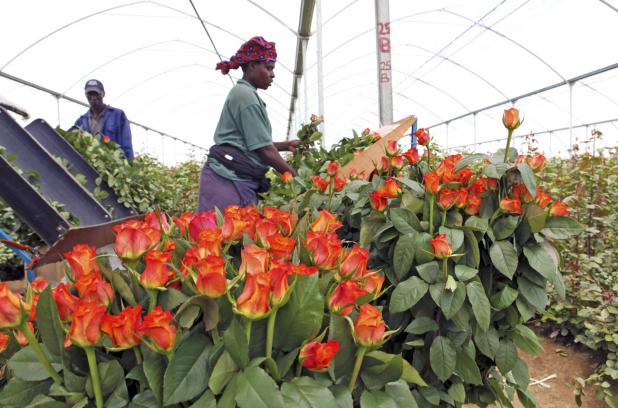
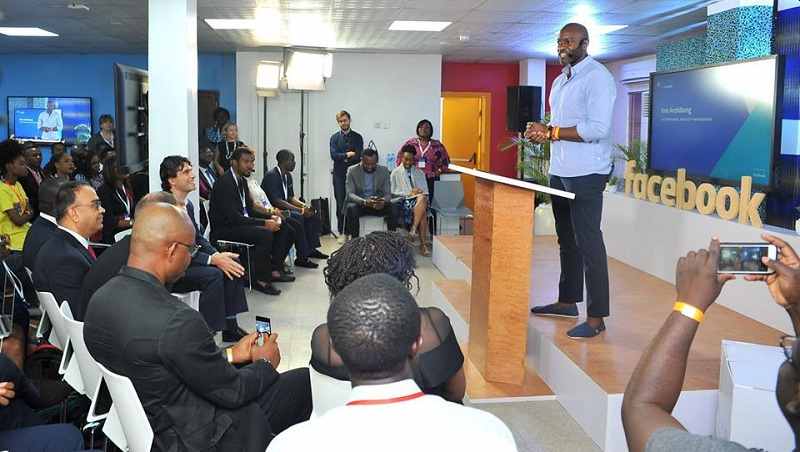
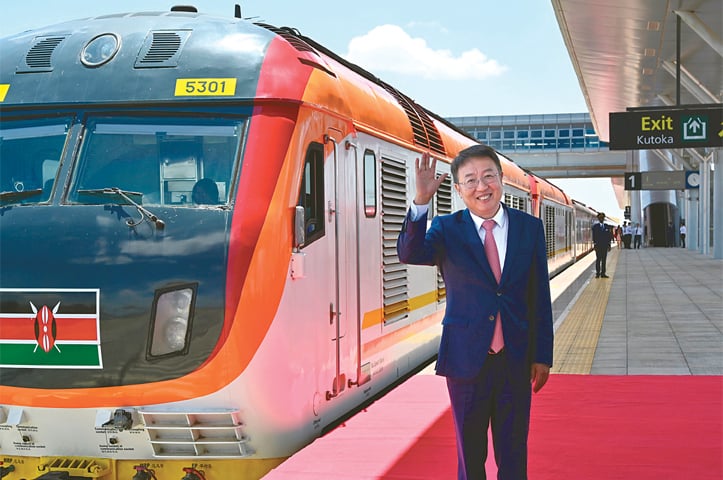
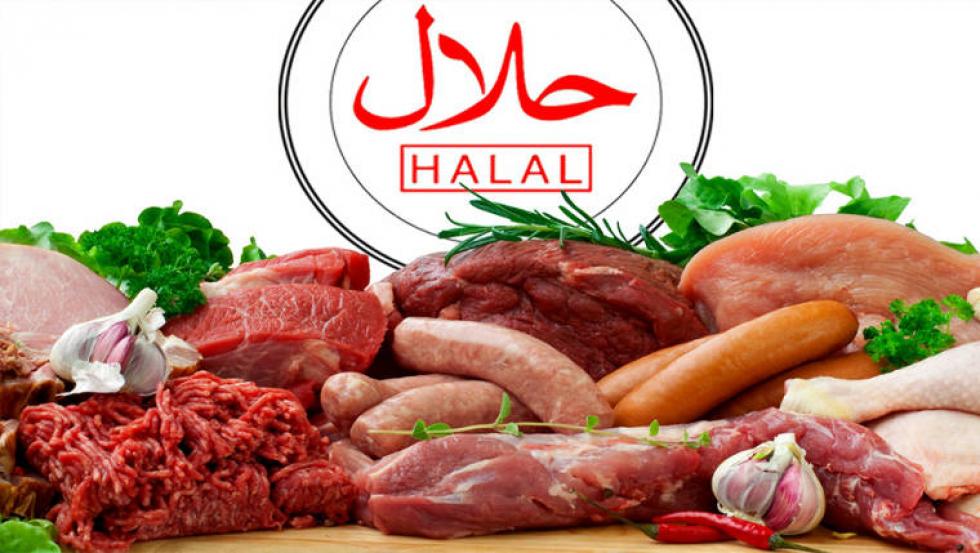
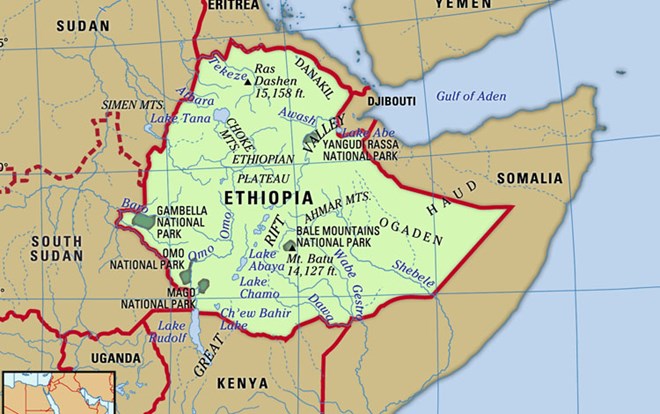
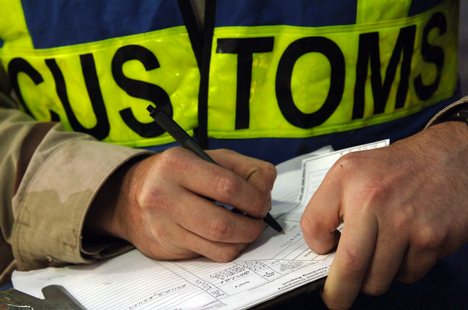
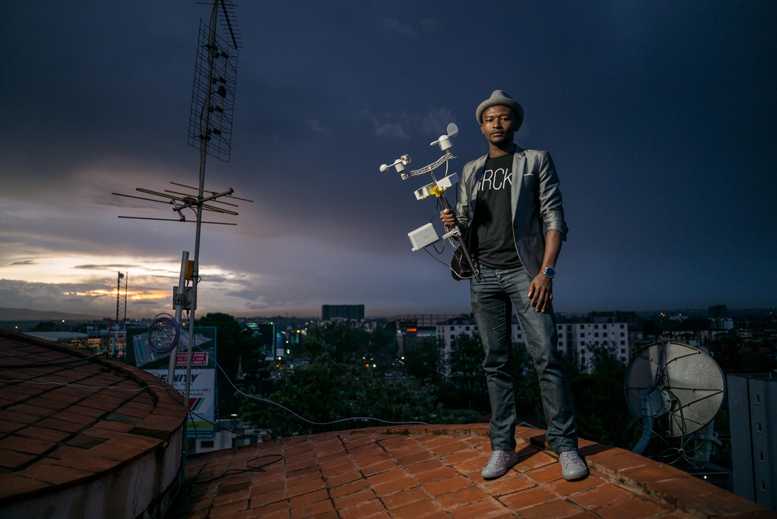
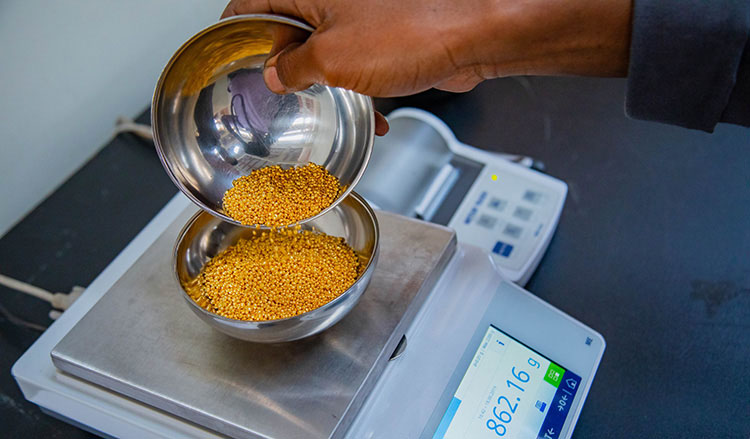
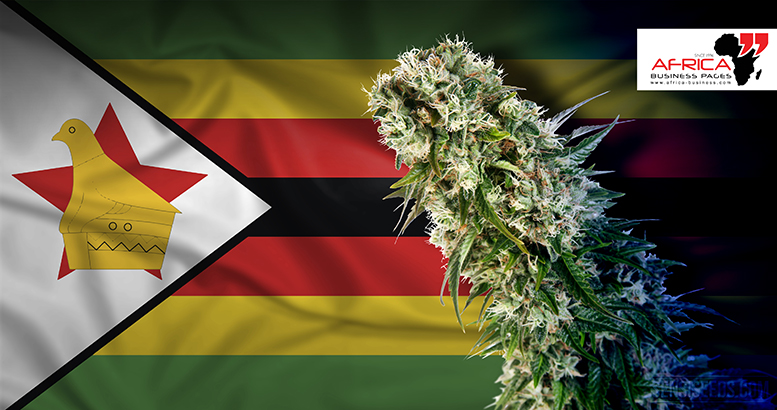

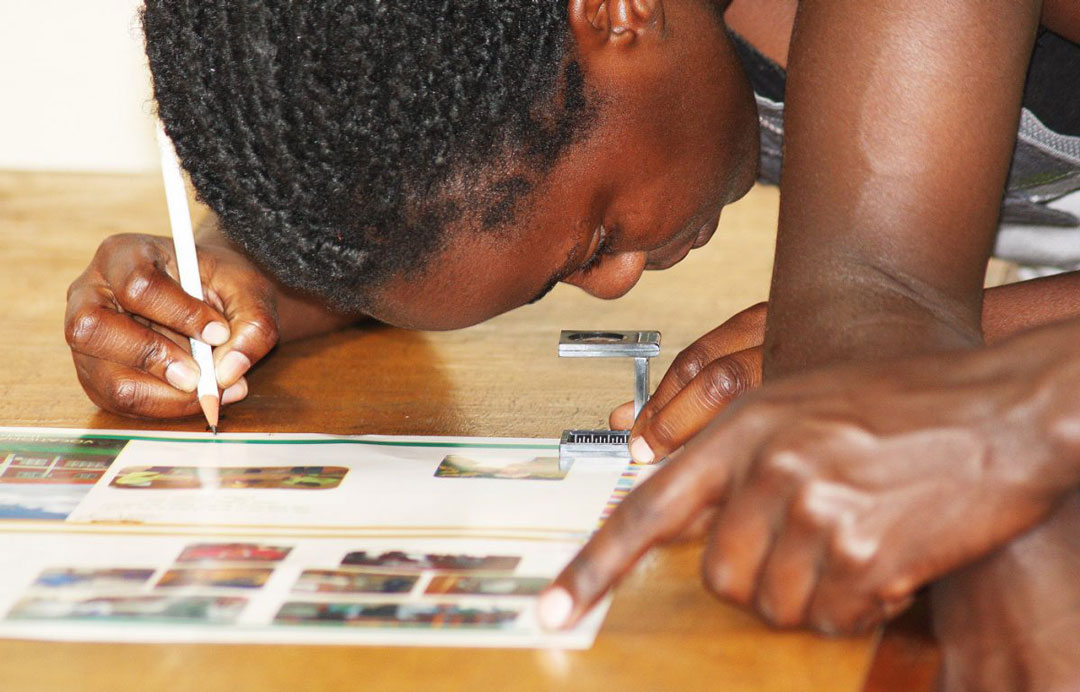



.png)
